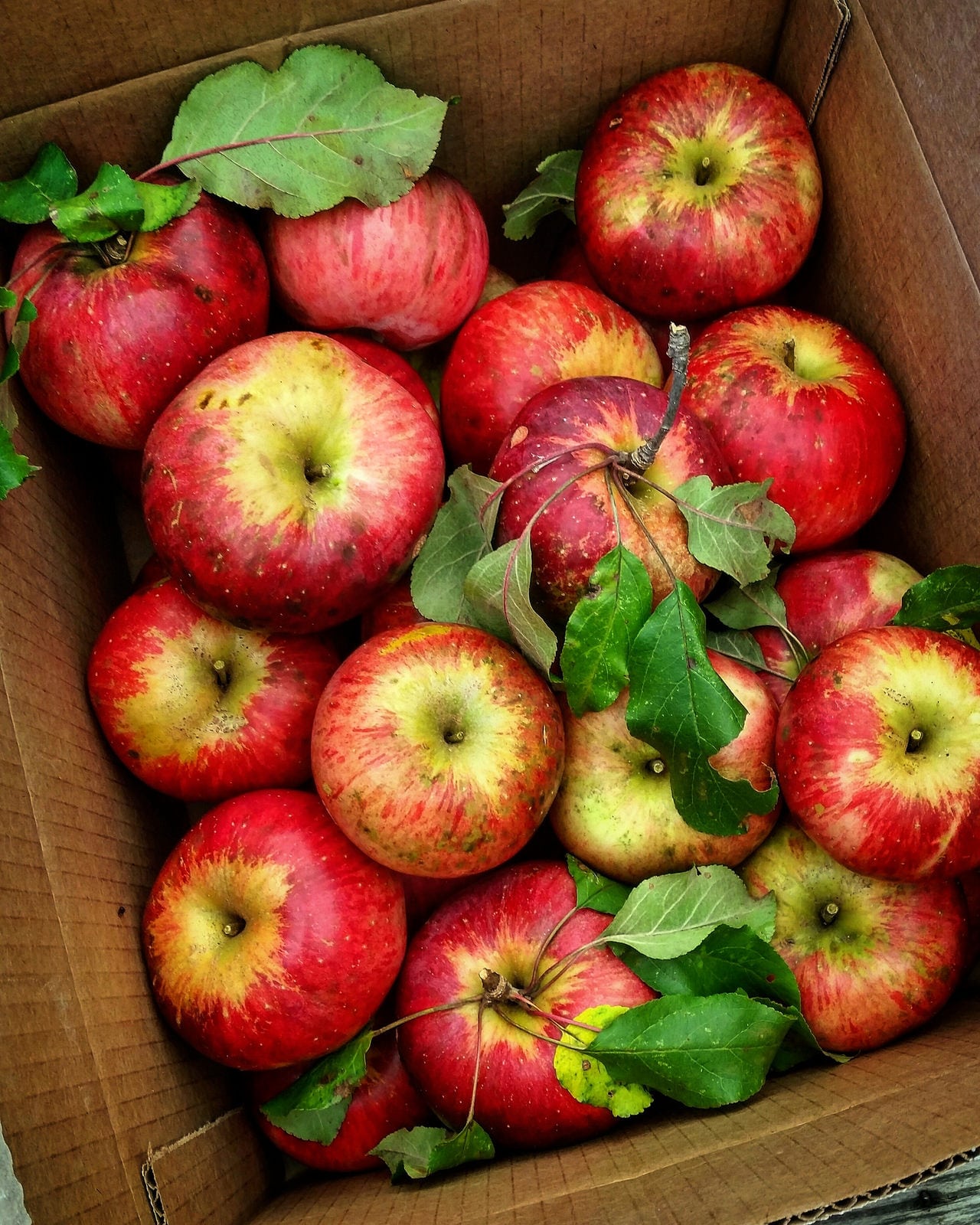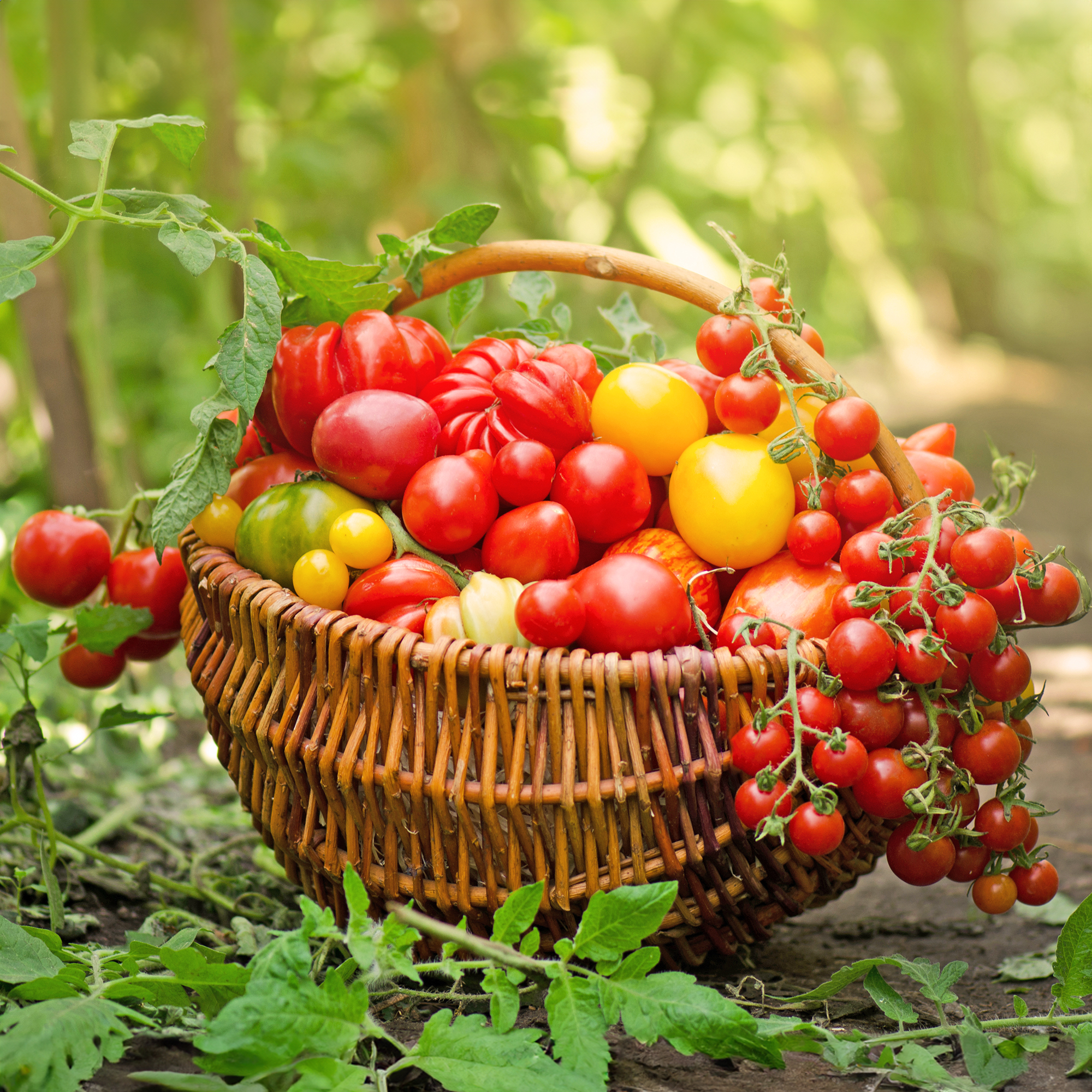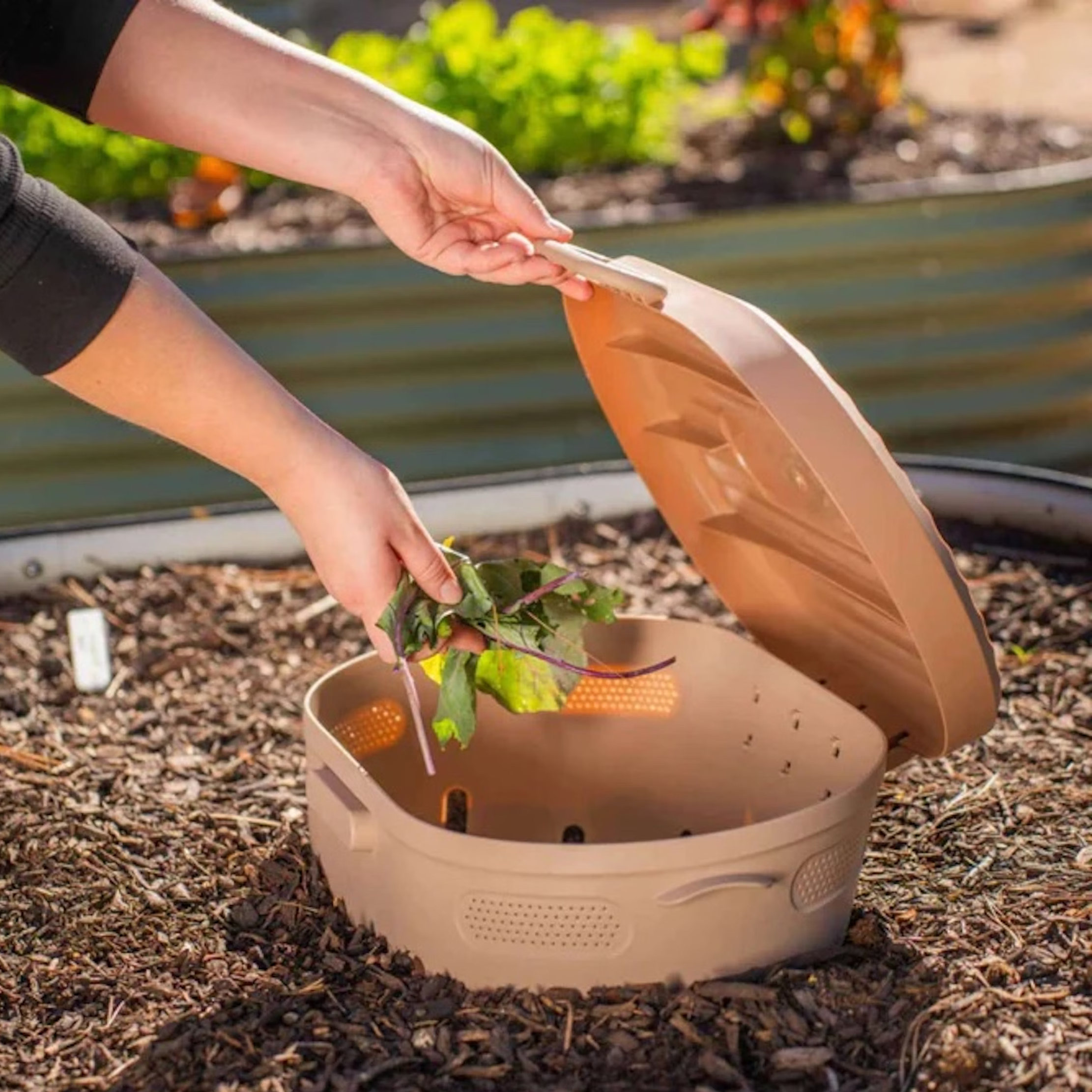Wolf River Tree Care – Learn About Wolf River Apple Growing Conditions


Wolf River apple growing is great for the home gardener or orchard that wants a unique, old variety that produces large and versatile fruits. This apple has a delicious flavor, but another great reason to grow the tree is for its disease resistance, making care relatively easy.
Wolf River Apple Info
The origins of the Wolf River apple variety go back to the late 1800s when a Wisconsin farmer planted Alexander apples along the Wolf River. By chance he got some monster-sized apples, which were then propagated and eventually came to be called Wolf River apples. The fruit of today’s Wolf River apple trees grow up to eight inches (20.5 cm.) in diameter and can weigh more than a pound (450 g.). If you’re wondering what to do with Wolf River apples, try anything. The flavor is mild and sweet with a little bit of spiciness. This apple is traditionally used for cooking, as it holds its shape and is sweet, but it can be used successfully in juicing and drying and is perfect to eat out of hand.
How to Grow Wolf River Apples
Wolf River apple growing is similar to growing any other apple tree. The tree will grow up to 23 feet (7 meters) and needs about 30 feet (9 meters) of space. It prefers full sun and soil that drains well. It will take about seven years to bear fruit, so be patient and make sure you have another variety of apple tree nearby for pollinating. Thanks to good disease resistance, Wolf River apple tree care is pretty simple. Always be aware of signs of disease to catch early, but this tree has decent resistance to mildew, scab, canker, and cedar apple rust. Water your Wolf River tree until it is well established and then only water as needed. Begin to harvest your apples around early October, but if you want to leave some on the tree, you can do so for about a month and you may get even sweeter fruits.
Gardening tips, videos, info and more delivered right to your inbox!
Sign up for the Gardening Know How newsletter today and receive a free copy of our e-book "How to Grow Delicious Tomatoes".

Mary Ellen Ellis has been gardening for over 20 years. With degrees in Chemistry and Biology, Mary Ellen's specialties are flowers, native plants, and herbs.
-
 Types Of Tomatoes Explained: Explore The Many Wonderful Shapes, Colors, Flavors, & Best Uses
Types Of Tomatoes Explained: Explore The Many Wonderful Shapes, Colors, Flavors, & Best UsesThe world of tomato varieties is vast and fascinating. Learn about the key types to grow in your garden, tailored to your preferences and space.
By Amy Grant
-
 Try The Trend – Turn Any Bed Into A Keyhole Garden With This Clever In-Ground Composter
Try The Trend – Turn Any Bed Into A Keyhole Garden With This Clever In-Ground ComposterKeyhole gardening is an efficient and sustainable practice that saves space. Get started on this DIY project quickly and easily with an in-ground composter.
By Bonnie L. Grant